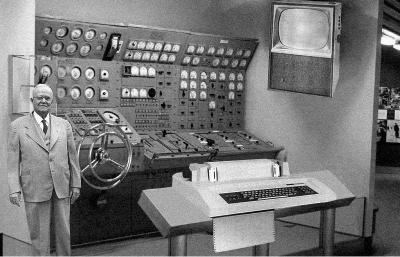I have just finished Luisa Passerini‘s Autobiography of a Generation: Italy 1968, an extraordinary history of the half generation before me. Born in 59 I, like others who grew up in the late 70s, inherited, but didn’t participate in the political and cultural events of the 60s. We were the (half) generation after the movement of the counter culture. Reading Passerini has me thinking about what it was like following – how I benefited from the freedoms moved without experiencing what it was to be part of a movement. She follows those involved in 68 in Italy and the “diaspora” of directions they took from joining mainstream unions to the violence of terrorism. It seems the only real movements (as opposed to factions) to follow 68 were the feminist movement (and the US the gay/lesbian movement) – both movements that men could only support not move within.
Is it surprising that many of my generation of me would turn to computing? Computing had … still has, the transcendent rhetoric of a liberation movement along with the occaisional indulgence of drug culture. Computing offered a movement – a being part of something unique in history (or out of history). In addition it offered a certainty – things work or not, code runs or not – that the critical and ironic politics after 68 could not. Passerini comments on how many of the movers in 68 ended up in media criticism – their training in resisting traditional media and pamphleting prepared them to be critical and creative. I think a similar phenomenon happended over here – the experience of being pilloried in the press led many to become aware of mediation and to then become interested in the possibilities of computer mediation.
Continue reading Passerini: Autobiography of a Generation
 I’m reading around the history of programming in
I’m reading around the history of programming in 
